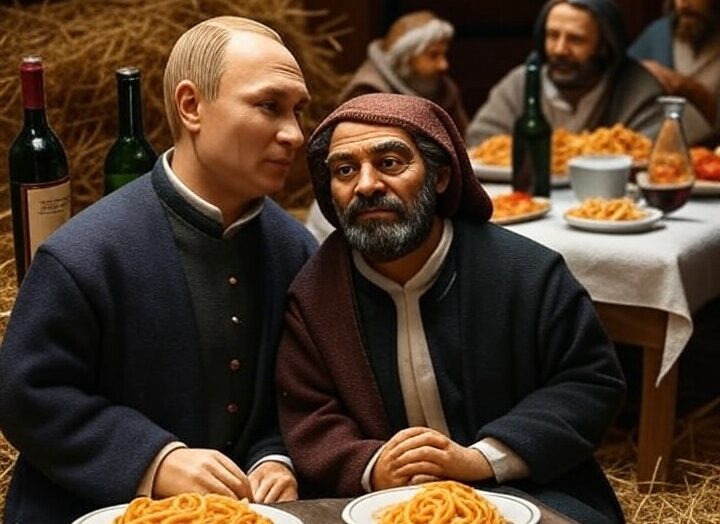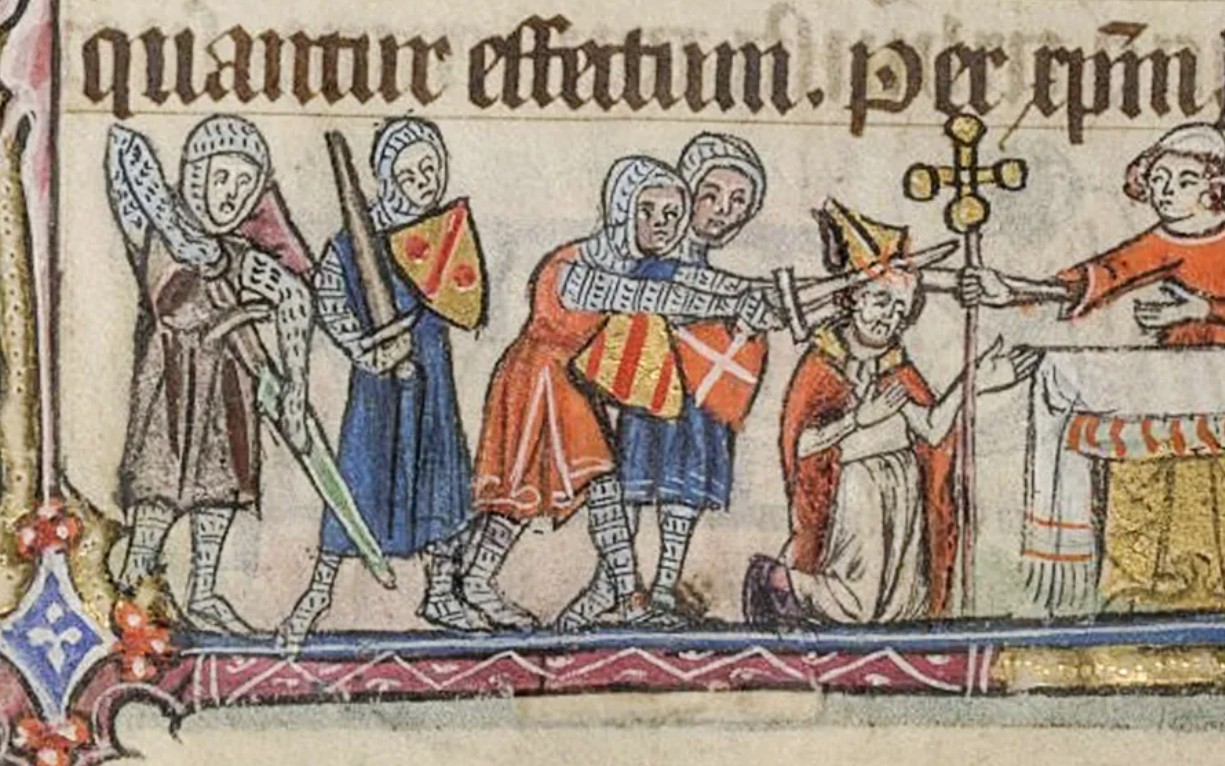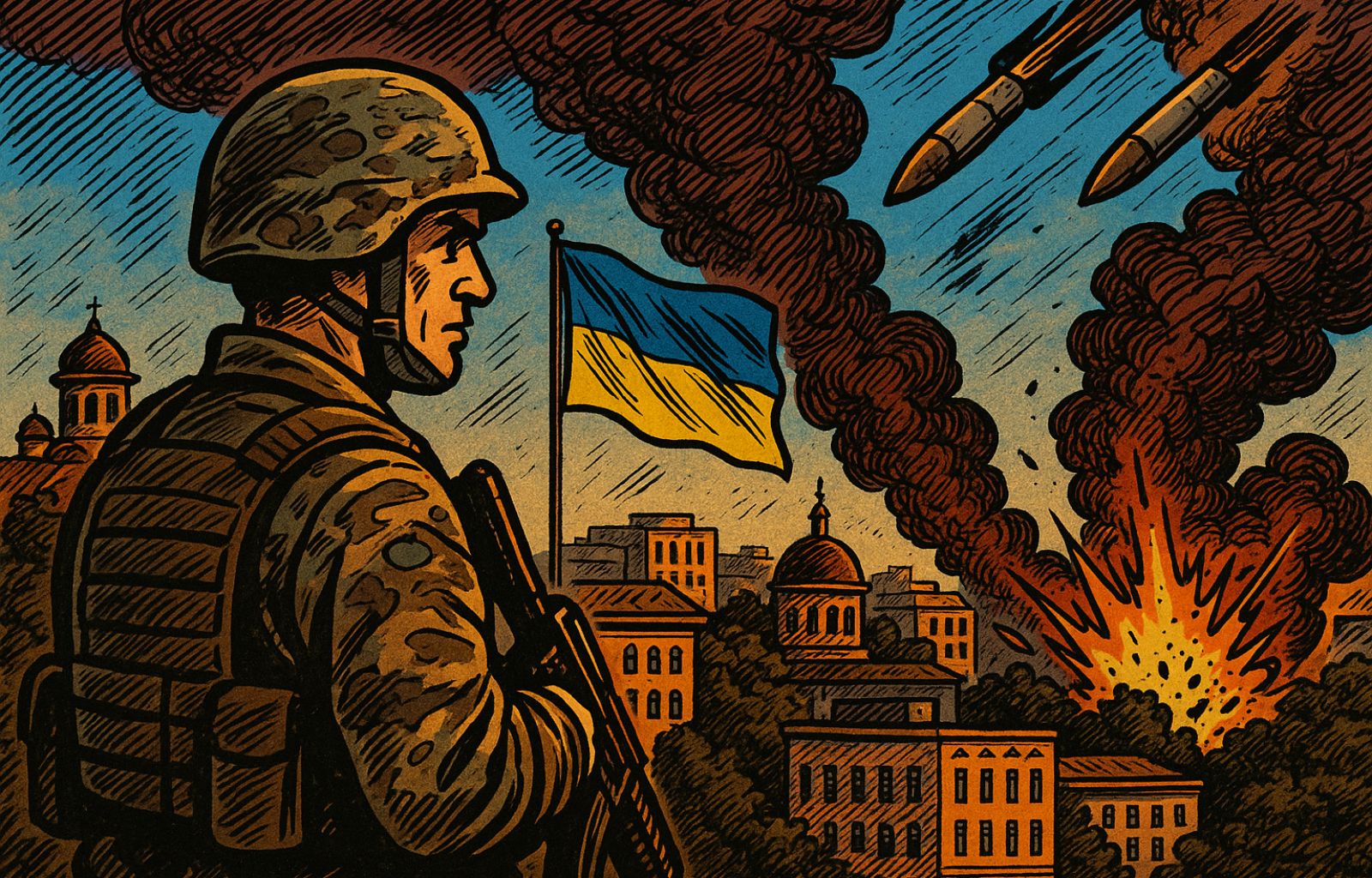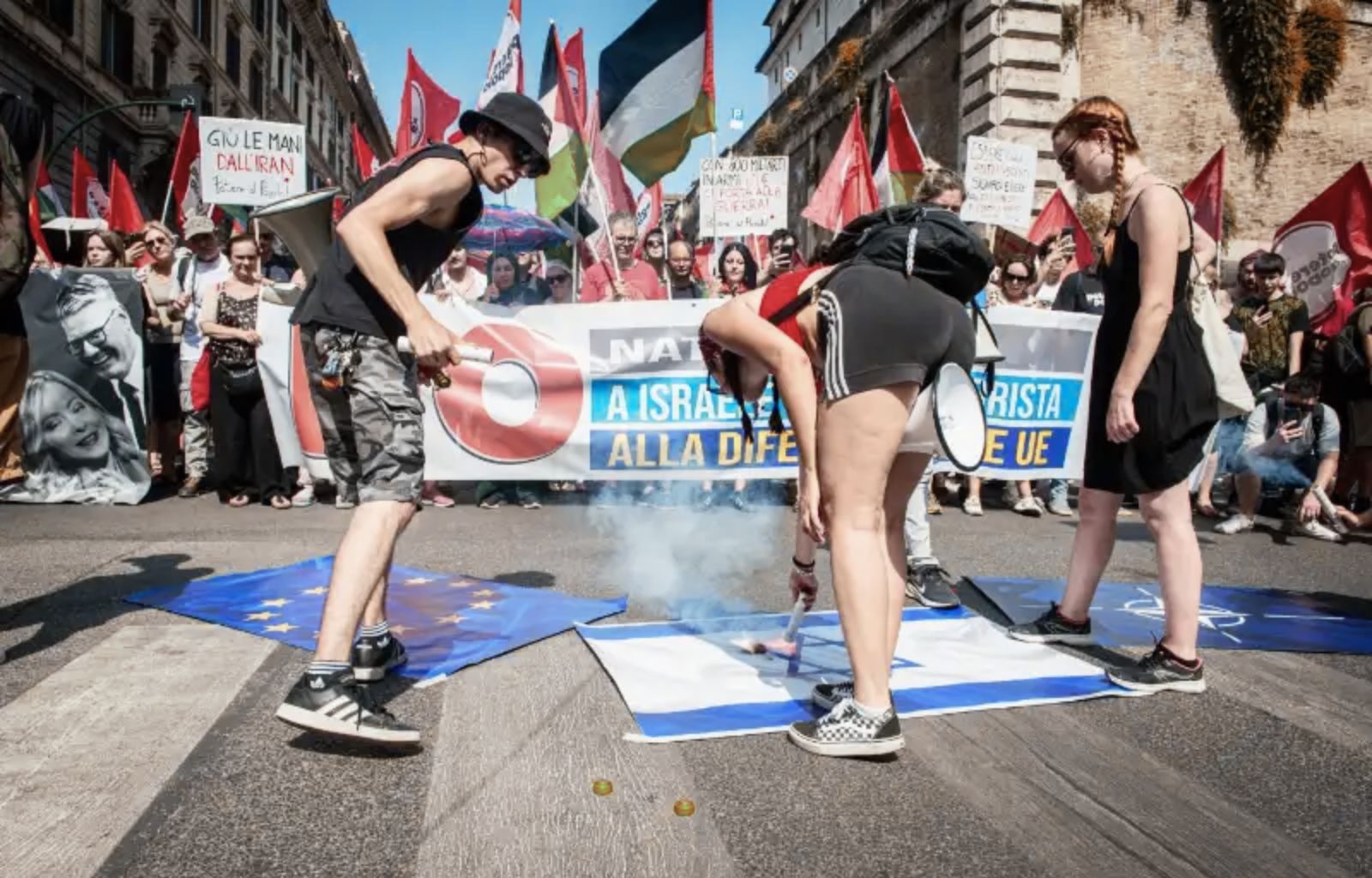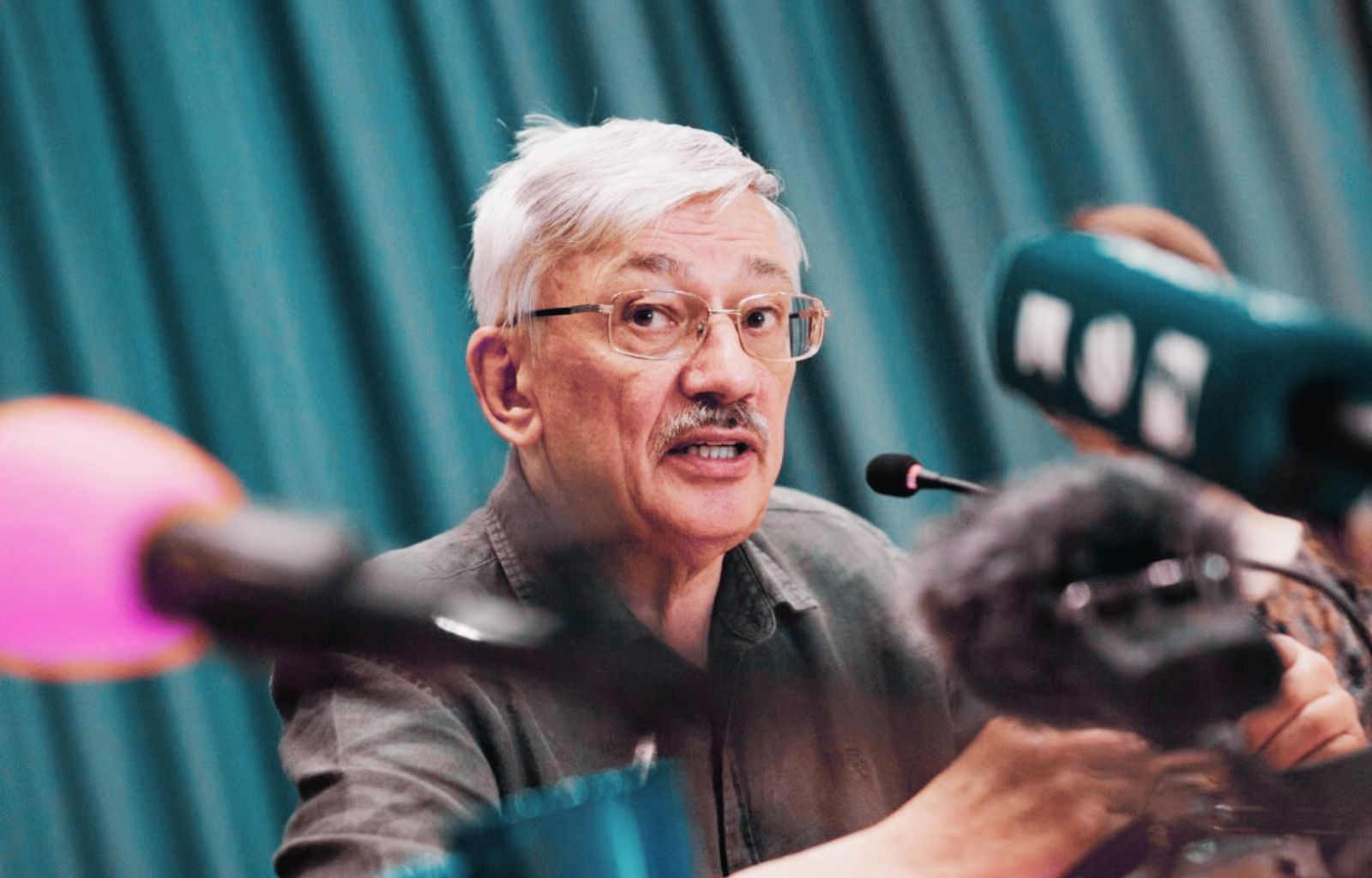Winston Churchill: 150 years later, the leader missing in the present
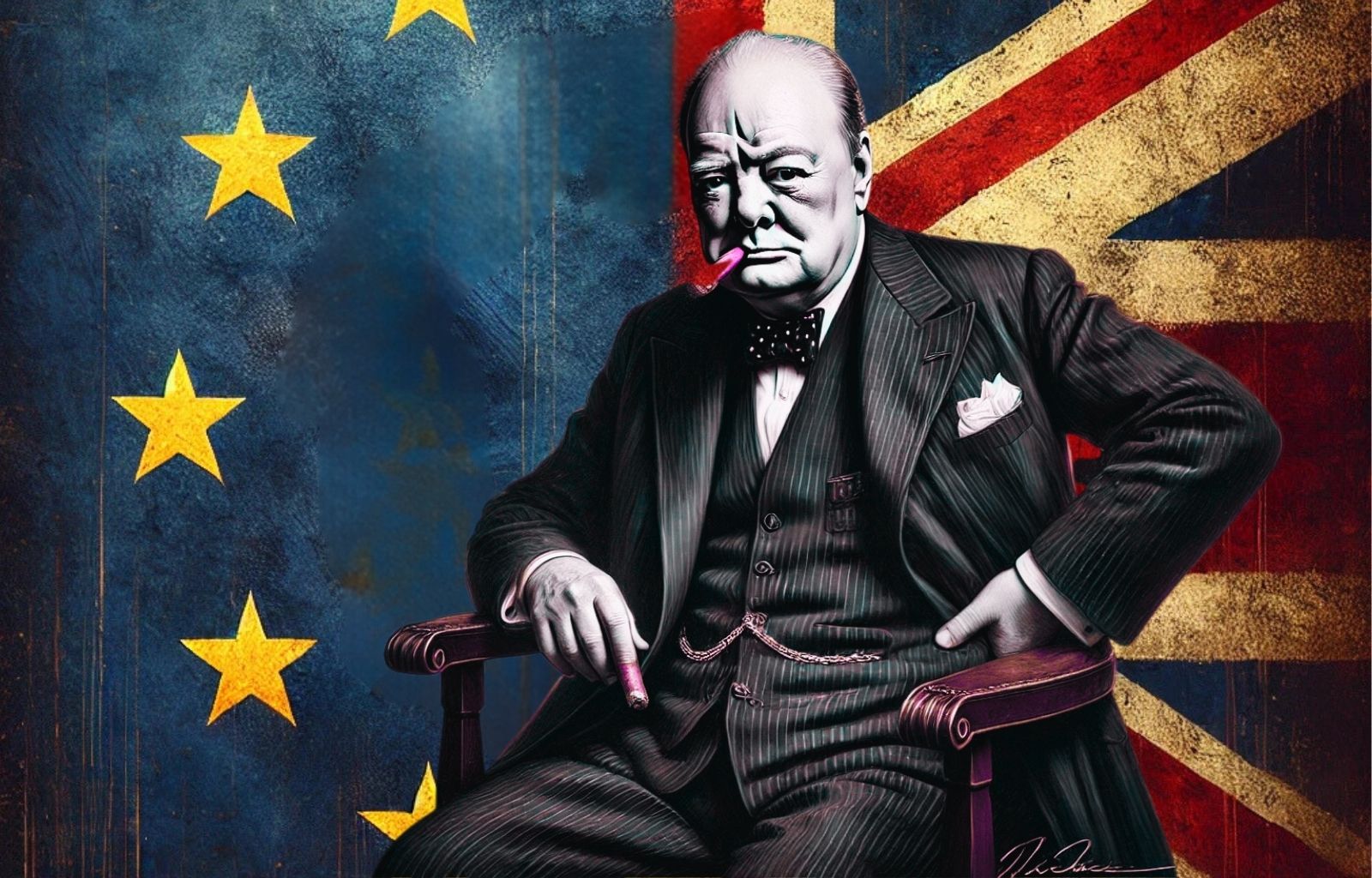
On 30 November 1874, Winston Churchill was born, an iconic and controversial figure in 20th century politics and history. In an era marked by global conflicts and geopolitical transformations, Churchill established himself as the symbol of resistance against Nazism, a man capable of mobilising a nation with the power of words and leadership. Yet, 150 years after his birth, one wonders about the significance of his legacy and the lack of similar figures in today’s political landscape.
A man of his time
Churchill was not only the prime minister who led Britain ‘into the darkest hour’ of the Second World War. He was a child of his age, shaped by the British Empire and the colonial ideologies that make him a target of criticism today. Born in the sumptuous residence of Blenheim Palace, a descendant of the Dukes of Marlborough, and son of Jennie Jerome, an American heiress, Churchill embodied the privilege and contradictions of the British elite. His career, which began as an army officer, saw him engaged in Sudan and South Africa, often in defence of a colonial empire that many condemn today.
This historical context is crucial to understanding the man and the leader. While Churchill represented the values of his time, his ability to adapt and reinvent himself enabled him to overcome personal and political defeats. A case in point is his downfall after the disastrous Gallipoli campaign during World War I, followed by an astonishing comeback as prime minister in 1940, ready to promise ‘blood, toil, tears and sweat’ to resist the Nazi invasion.
Myth and Shadows
Today Churchill is celebrated as one of the greatest statesmen of the 20th century, but his figure is not without its shadows. The criticisms levelled against him, from his repressive handling of the colonies to his controversial political decisions, show how deeply connected he was to a world that was already changing. His strategic vision during the war, although decisive for the Allied victory, has been described by some scholars as more reactive than innovative. However, this does not diminish his ability to lead a nation in times of crisis, a talent that appears increasingly rare today.
The celebrations for the 150th anniversary of Churchill’s birth, including exhibitions, publications and new philatelic issues, offer an opportunity to reflect not only on the historical figure, but also on his role as a symbol of leadership. Churchill received the Nobel Prize for Literature in 1953 for his ability to tell the story and defend human values, an accolade that underlines the power of ideas and storytelling in politics.
Churchill today: a leadership that is missing
In a world marked by instability, conflict and political crisis, Churchill is often evoked as an example of visionary and courageous leadership. However, his modern imitators, such as former Prime Minister Boris Johnson, have failed to match either his depth or his ability to inspire confidence. This reinforces the perception of a political vacuum, in which the lack of figures capable of tackling global challenges with the same firmness and foresight is particularly evident.
Churchill was a complex man of contradictions and greatness, whose legacy still offers valuable lessons today.
Let us take the European question. One of his most famous speeches on the subject was delivered at the University of Zurich, Switzerland, on 19 September 1946. Here Churchill proposed the creation of a supranational structure for Europe.
“We must build a kind of United States of Europe. Only in this way will hundreds of millions of workers be able to live and hope again.”
In this speech, Churchill identified European unification as a way to avoid future wars and ensure the continent’s prosperity. He believed that France and Germany should be at the centre of this cooperative project, overcoming historical rivalries between the two nations. Yet, despite being a supporter of the idea of a united Europe, he did not envisage Britain as an integral part of the project. He believed Britain should retain a mediating role, remaining at the centre of a wider community that included the British Commonwealth and the United States.
Churchill saw the United States of Europe as a way to overcome exaggerated nationalism and promote peace.
“If Europe unites in a simple and peaceful way, its three or four hundred million inhabitants will be able to enjoy the happiness, security and freedom that have been unknown in this part of the world since Roman times”.
Although he was not in favour of Britain’s direct participation in the ‘United States of Europe’, his call for greater European cooperation inspired movements such as the 1948 Hague Congress, which laid the foundations for the creation of the Council of Europe and later the European Community.
One wonders what Churchill would do or think today, in the turbulent world 80 years after the end of the Second World War.
Perhaps we do not need ‘new Churchill‘, but leaders capable of embodying the universal values that he defended: resistance to tyranny, the courage to take difficult decisions and the ability to lead with a forward-looking vision.
Today’s world, so different from Churchill’s, could draw inspiration from one of his most famous quotes: “I have faith in my star. I am destined to do something to this world.” A message of hope, but also a reminder to future generations not to wait for heroes of the past, but to build leadership equal to the present.


